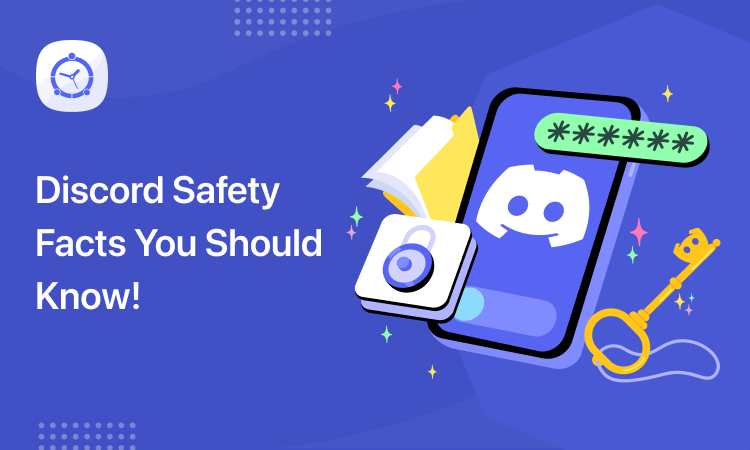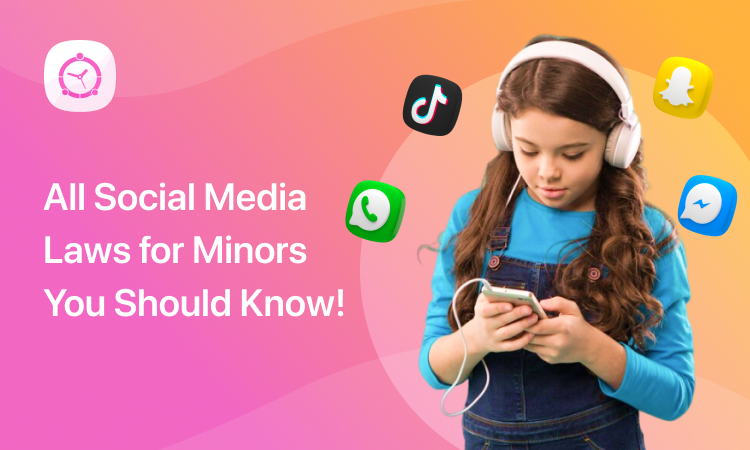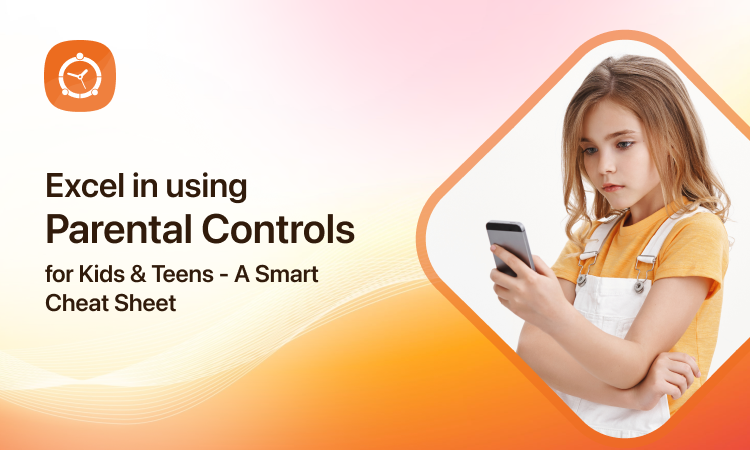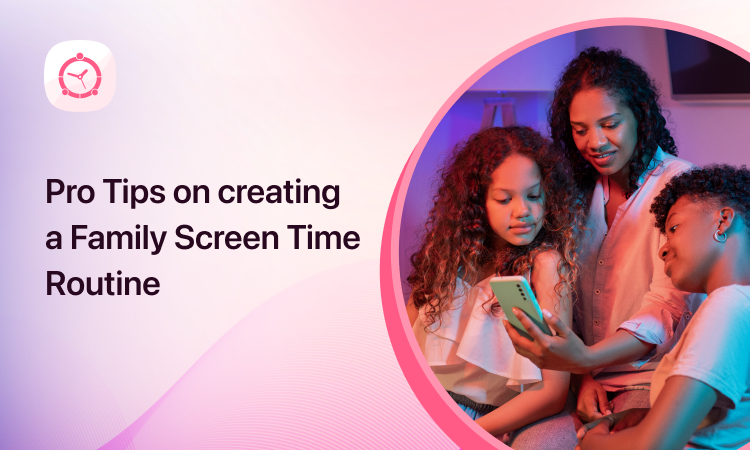Conflicts occur in every house either between parents or children but parental conflicts have a significant effect on their child’s mental health. From anxiety and depression to behavioral problems and relationship issues, the effect of parental conflict can be far-reaching and long-lasting.
Children look to their parents for guidance and support, and when they witness conflict between them, that is where mental health problems for children take place which also affect them psychologically.
In this blog post, we’ll delve into the key aspects of parental conflicts, how children suffer from their parent’s conflict, and what parents can do to minimize the damage. Let’s have a deeper look.
Some Important Key Aspects of Parental Conflicts
The Severity of Conflict
The severity of conflict matters a lot. Children who witness physical violence or intense verbal arguments may experience more significant negative effects on their mental health.
Duration of Conflict
The duration of conflict is another important factor. Children who are exposed to ongoing conflict between their parents over a long period may experience more significant negative effects than those who experience isolated incidents of conflict.
Parental Response to Conflict
How parents respond to conflict is also important. If parents can resolve conflicts in a healthy, respectful way, it can be beneficial for children. However, if parents argue in front of their children, use abusive language, or engage in other negative behaviors, it can have a detrimental impact.
Age and Developmental Stage of the Child
Younger children may be more likely to internalize the conflict, while older children may feel more empowered to speak up or get involved. Additionally, children who are already dealing with mental health issues may be more vulnerable to the negative effects of parental conflicts.
How Do Children Suffer from Their Parent’s Conflict?
Anxiety and Stress
Children who are exposed to parental conflict are more likely to experience anxiety and stress. This is because they feel caught in the middle of their parents’ disputes, and are unsure of what will happen next. They may worry that their parents will separate or divorce, which can create feelings of insecurity and instability. In some cases, children may even blame themselves for their parents’ conflict, which can further exacerbate their anxiety and stress levels.
Depression
Parental conflict can also contribute to depression in children. When children are exposed to the ongoing conflict between their parents, they may feel helpless and powerless. This can lead to feelings of sadness, hopelessness, and a lack of interest in activities that they used to enjoy. Additionally, if a child feels like they have to take sides in their parents’ conflict, it can create feelings of guilt and shame, which can contribute to depression.
Physical Health Issues
Children who experience chronic stress and anxiety due to parental conflict may be at risk for physical health problems. this can include headaches, stomach aches, and other stress-related conditions.
Behavior Problems
Parental conflicts can lead to behavioral problems for children. This can include acting out, being aggressive, and having difficulty in school. This is because children who are exposed to conflict between their parents are more likely to feel stressed and anxious, which can impact their ability to focus and learn. Additionally, if a child feels like they are not getting the attention and support they need from their parents, they may act out to get their parent’s attention.
Cognitive Development Delays
Parental conflicts always harm children’s mental health. This is because chronic stress and anxiety can impact their ability to learn and process information.
Relationship Issues
Children who grow up in households with parental conflict may be more likely to experience relationship issues later in life. This is because they may not have had positive role models for healthy relationships, and may struggle with communication, trust, and intimacy. Additionally, if a child feels like they have to take sides in their parents’ conflict, it can create a sense of division and mistrust that can carry over into future relationships.
Self-Esteem Issues
Self-esteem issues are closely related to parental conflicts. This is because they may blame themselves for their parents’ conflicts, or feel like they are not getting the attention and support they need. Also, if a child feels like they are caught in the middle of their parents’ disputes, they may feel like they are being forced to choose between their parents, which can lead to feelings of guilt and shame.
Long-Term Effects
Parental conflicts can have long-term effects on a child’s mental health. Studies have shown that children who grow up in households with high levels of conflict may be at risk for mental health disorders such as depression, anxiety, and post-traumatic stress disorder (PTSD) later in life.
Impact on Parent-Child Relationship
Children who witness conflict between their parents may feel less connected to them and may have difficulty trusting them in the future.
What can parents do?
If you are a parent who is experiencing conflict with your partner, there are steps you can take to minimize the impact on your child’s mental health. Here are a few tips:
Keep Communication Respectful
When communicating with your partner, try to keep the conversation respectful and civil. Avoid name-calling, yelling, and other behaviors that can escalate the conflict.
Avoid Arguing in Front of Your Child
If possible, try to avoid arguing in front of your child. If an argument does occur, make sure to reassure your child that they are not responsible for the conflict.
Seek Professional Help
If you are struggling to resolve conflicts with your partner, consider seeking the help of a therapist or counselor. They can provide you with the tools and support you need to communicate effectively and healthily resolve conflicts.
Support for Children
If your child is experiencing negative effects due to parental conflict, it is important to seek support for them. this can include therapy, counseling, or support groups. Additionally, make sure to prioritize quality time with your child, and reassure them that they are loved and supported.
After the detailed description of children’s mental health issues caused by parents’ conflict and tips mentioned above which help parents to protect their children from mental health issues, parents can also use mental health apps. The best mental health apps for teens include FamilyTime app. Here we’ll explain to you how FamilyTime can help in this situation. Keep reading.
FamilyTime Is the Best Mental Health App
FamilyTime is considered the best mental health app due to its diversity of features. It is launching its new feature of Family Talk soon. Due to this feature, you and your children can instantly talk to each other about anything or in any situation. Their mental stress will automatically decrease when they instantly talk to you whether it is about your conflicts or any other issues.
The family Talk feature includes a lot of things in one place. These are:
- Instant chats
- Group chats
- Share Multimedia
- Always Stay in Touch
- Make Family Time Fun
- Share Moments
Due to this amazing feature, children have less stress level on their minds and they can easily resolve as well as talk to their parents about their conflicts and communicate in a better way. For more information visit FamilyTime’s website and explore its diverse features. Good Luck!








